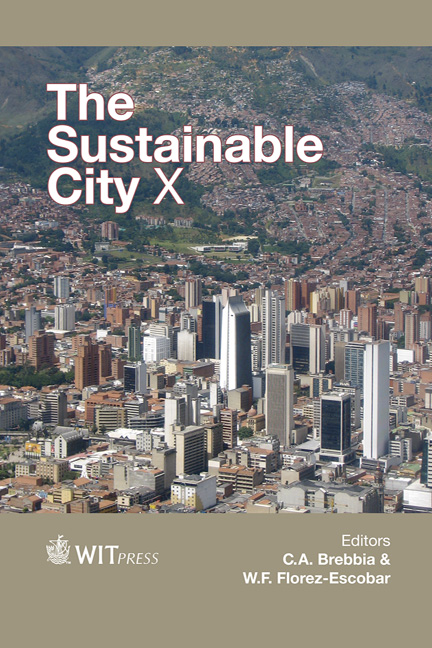Transition To Sustainable City: An Integrated Design Approach For Transformative Districts – A Proposal For Replicability
Price
Free (open access)
Transaction
Volume
194
Pages
12
Page Range
289 - 300
Published
2015
Size
821 kb
Paper DOI
10.2495/SC150261
Copyright
WIT Press
Author(s)
A. Boeri, V. Gianfrate, D. Longo, E. Palumbo
Abstract
Effective strategies for renovation of the existing building stock are essential to meet climate change challenges, improve energy security and alleviate fuel poverty. More than 80% of existing dwellings will still be in use in 2050 and in need of retrofitting actions. Residential building renovation is one of the objectives of the EU 2050 Roadmap and replicable solutions are needed to meet the EU’s ambitious target. The Research Unit of the Department of Architecture of Bologna has developed a feasibility study for renovation of social housing in Bologna, focusing on Bolognina neighbourhood, a 1920s/1960s district with high replication potential. This building stock requires a comprehensive renovation strategy capable of increasing energy performance, improving the quality of living and integrating the district and its community into a more sustainable city vision. The aim is to speed up innovative actions to energy renovation in order to boost transition towards more resilient and efficient environment. An integrated design approach is adopted to develop flexible and non-disrupting solutions, define key-design parameters and their interrelation at district scale, implementing innovative energy and environmental assessment methodologies. This paper explores the importance of ‘replication’ in a complex built environment, developing effective strategies at district scale and identifying further researches branches for future transitions to 2050.
Keywords
fuel poverty, social housing, refurbishment, LCA, replication





